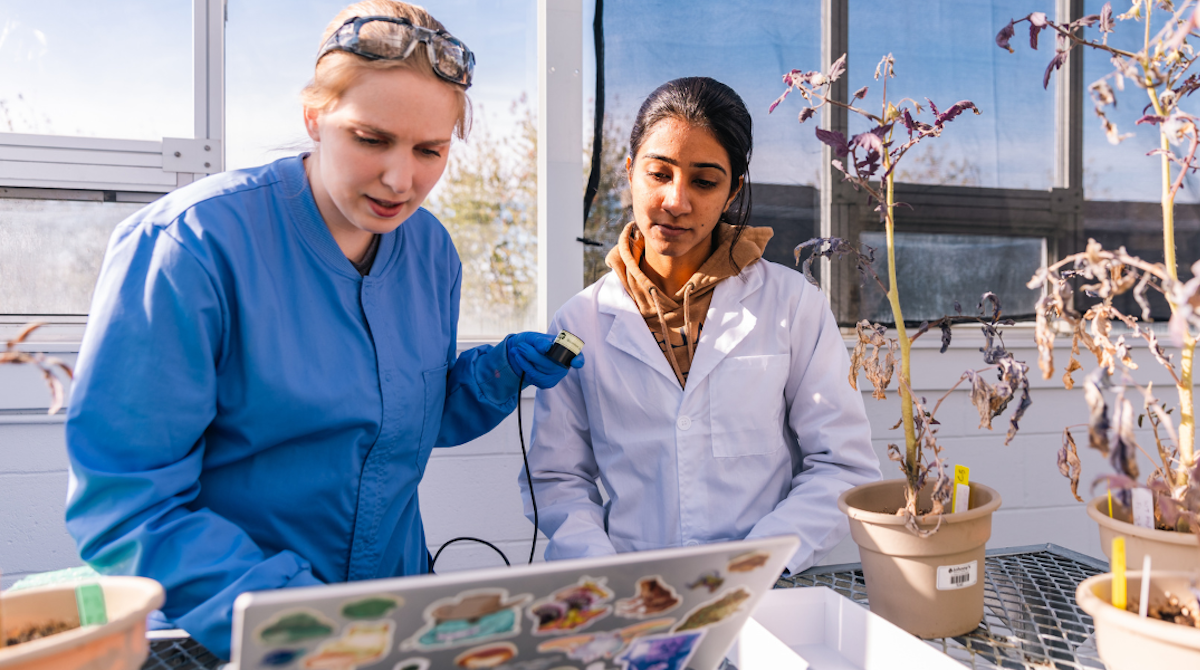When Melissa St. Hilaire graduated with her bachelor’s degree in mathematics, the typical career paths didn’t interest her.
“You either worked in finance or insurance, or you went on to get your master’s degree in education to become a math teacher, and I wasn’t really interested in either option,” said St. Hilaire, who joined Merrimack College in the fall 2022 as an assistant professor in the School of Science and Engineering. “Keep in mind, data science as a discipline didn’t exist then. We didn’t even have the computing power to store big data, and we weren’t collecting anywhere near the data we collect today.”
It wasn’t until she found a position at Brigham & Women’s Hospital that she discovered her passion. A research team, in conjunction with Harvard, was looking for someone to work on mathematical models for a circadian rhythm study. St. Hilaire was tasked with working on a model to predict what the circadian rhythm would do when analyzing someone’s sleep-wake schedule.
“It changed the entire trajectory of my life,” she said.
For the past two decades, St. Hilaire has examined the effects disrupting circadian rhythm has on cognitive capabilities, such as reaction, memory, and attention. She currently has two active NIH grants that demonstrate the vast spectrum of the field.
In one study she is examining the interaction between menstrual cycles and sleep-wake patterns on neuro-cognitive function, and the other focuses on using predictive analytic and machine learning approaches to assess circadian rhythms in large-scale biomarker data.
“You don’t fully appreciate data and all the variables involved until you collect the data yourself,” St. Hilaire noted. “A lot of blood, sweat and tears go into designing and executing an experiment.”
As undergraduate students gear up for the end of the semester and final exams, St. Hilaire said it is important they minimize circadian rhythm disruption, which could be impacting how they are feeling, along with several other factors including academic demands and social life. Tips she provided include avoiding bright lights one to two hours before going to sleep.
“And once you choose a regular bedtime and a regular wake time, stick to them,” St. Hilaire said. “Even on the weekends. To our body clock, changing sleep schedules on the weekends is like experiencing the ‘spring forward’ daylight saving time change every week.”





